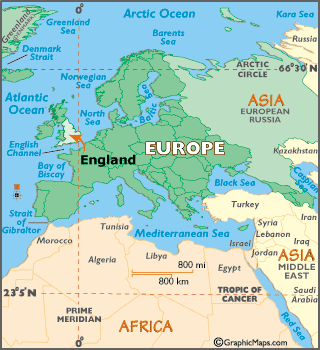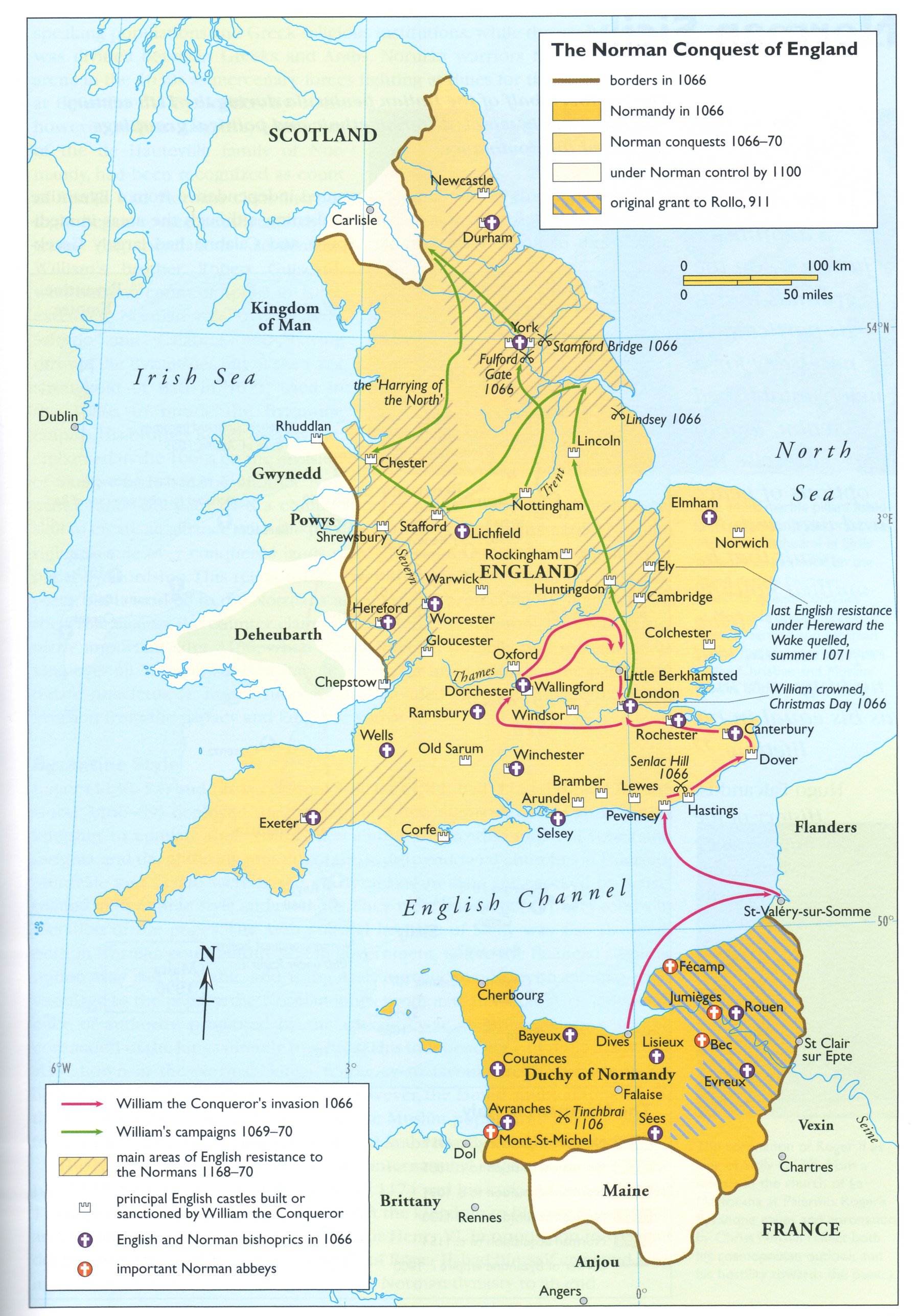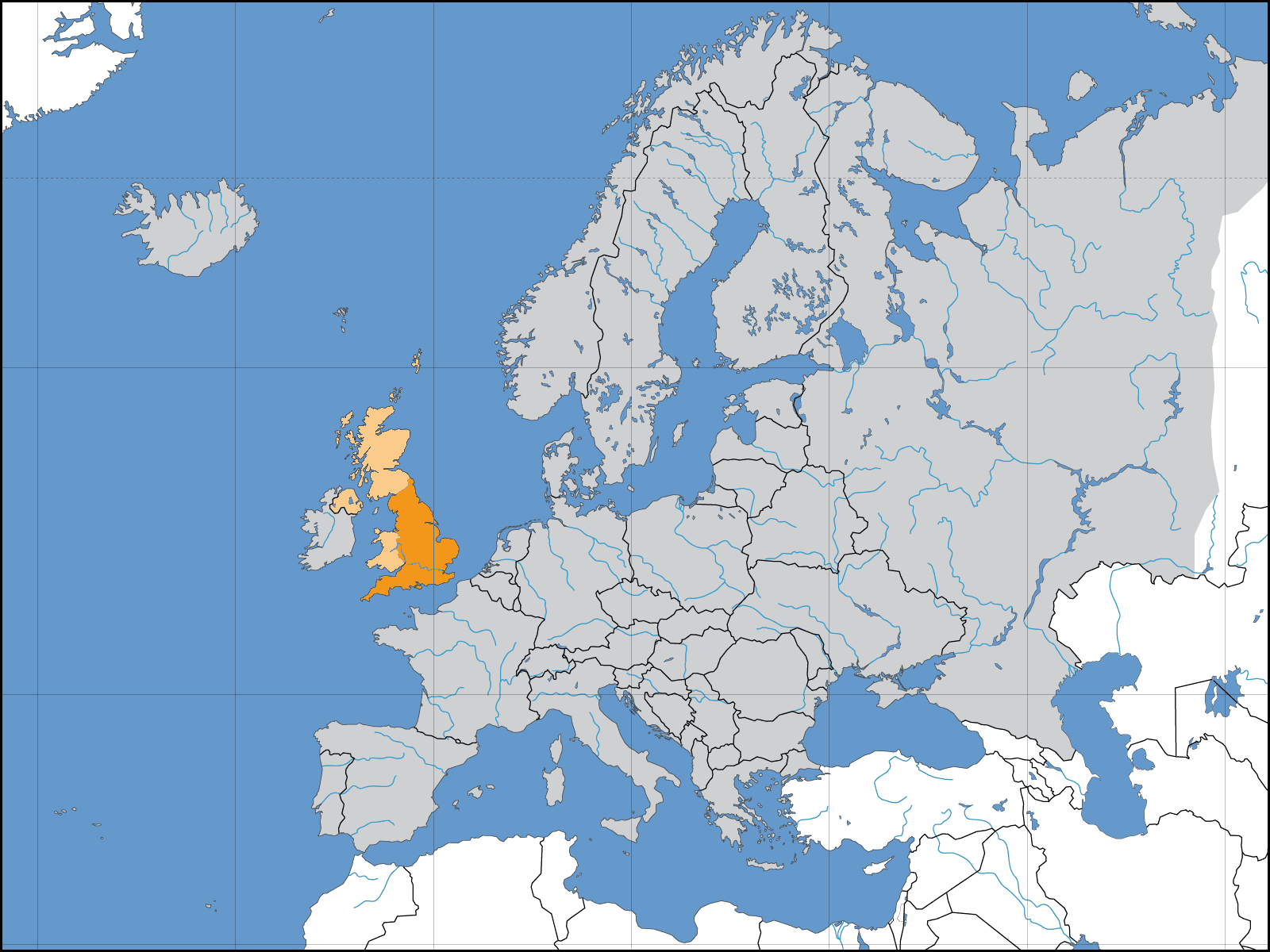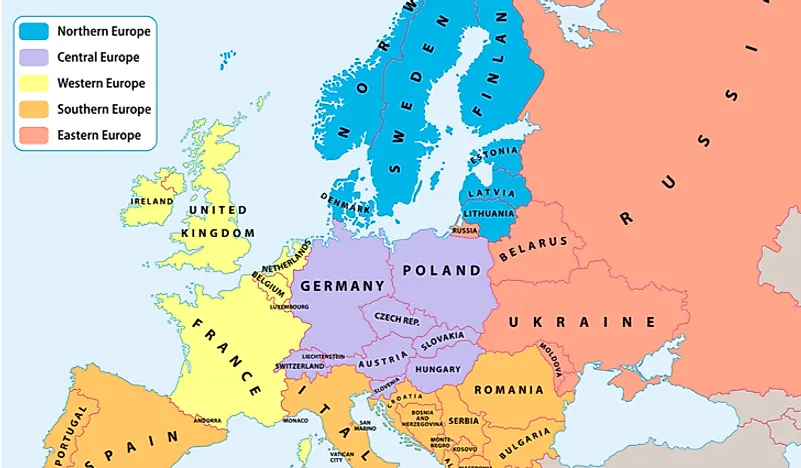England’s Place In Europe: A Geographical And Historic Perspective
England’s Place in Europe: A Geographical and Historic Perspective
Associated Articles: England’s Place in Europe: A Geographical and Historic Perspective
Introduction
On this auspicious event, we’re delighted to delve into the intriguing subject associated to England’s Place in Europe: A Geographical and Historic Perspective. Let’s weave attention-grabbing info and supply recent views to the readers.
Desk of Content material
England’s Place in Europe: A Geographical and Historic Perspective

England, the biggest nation in the UK, occupies a distinguished place on the western fringe of mainland Europe. Its distinctive geographical location has performed a pivotal function in shaping its historical past, tradition, and identification. Understanding England’s place throughout the European panorama supplies beneficial insights into its previous, current, and potential future.
Geographical Overview:
- Island Nation: England is a part of the British Isles, separated from mainland Europe by the English Channel and the North Sea. This geographical isolation has traditionally served as each a barrier and a bridge, fostering a definite cultural identification whereas facilitating interactions with the continent.
- Peninsular Extension: The island of Nice Britain, which incorporates England, Scotland, and Wales, is basically a peninsular extension of mainland Europe. This geographical connection has allowed for the circulate of concepts, individuals, and items throughout the Channel all through historical past.
- Local weather and Terrain: England’s local weather is temperate, characterised by gentle winters and funky summers. Its various terrain ranges from rolling hills and valleys to coastal plains and rugged mountains. These options have influenced the event of agriculture, business, and settlement patterns.
Historic Significance:
- Roman Affect: England’s historical past is deeply intertwined with the Roman Empire. The Romans occupied the island for hundreds of years, leaving an enduring legacy in language, legislation, and infrastructure.
- Viking Incursions: The Viking Age noticed frequent raids and settlements on the English coast, impacting the nation’s political and social panorama.
- Norman Conquest: The Norman Conquest of 1066 marked a pivotal turning level in English historical past, introducing new political and social buildings.
- European Commerce: All through the Center Ages and Renaissance, England engaged in in depth commerce with European international locations, fostering financial progress and cultural trade.
- Industrial Revolution: The Industrial Revolution, originating in England, unfold throughout Europe, reworking the continent’s financial and social cloth.
- World Wars: England performed a central function in each World Wars, demonstrating its deep connection to European affairs.
Modern Context:
- EU Membership and Brexit: England, as a part of the UK, was a member of the European Union from 1973 till 2020. The choice to go away the EU, often called Brexit, has had a big influence on the nation’s financial and political panorama.
- International Affect: Regardless of its geographic isolation, England has maintained a distinguished function on the worldwide stage, influencing politics, tradition, and economics the world over.
- Cultural Connections: England shares sturdy cultural connections with Europe, evident in its language, literature, artwork, and music.
Significance and Advantages:
Understanding England’s place in Europe is essential for comprehending its historic growth, cultural influences, and up to date challenges. Finding out the geographical and historic connections between England and mainland Europe supplies beneficial insights into the complicated interaction of politics, economics, and tradition that has formed the area.
FAQs
Q: What are the primary geographical options that separate England from mainland Europe?
A: The English Channel and the North Sea separate England from mainland Europe.
Q: How has England’s geographical isolation influenced its growth?
A: England’s isolation has fostered a definite cultural identification whereas concurrently permitting for interplay with the continent.
Q: What are some important historic occasions that illustrate England’s connection to Europe?
A: The Roman occupation, Viking raids, Norman Conquest, and the Industrial Revolution are all examples of historic occasions that show England’s interconnectedness with Europe.
Q: What are the primary implications of Brexit for England’s relationship with Europe?
A: Brexit has led to important adjustments in commerce, immigration, and political relations between England and the EU.
Q: How does England’s cultural heritage replicate its European connections?
A: England’s language, literature, artwork, and music are all influenced by its long-standing connections with European cultures.
Suggestions
- Make the most of maps: Finding out maps of England and Europe can present a visible understanding of the nation’s geographical location and its relationship with the continent.
- Discover historic sources: Studying books, articles, and on-line sources about English historical past can present deeper insights into the nation’s connections with Europe.
- Interact in cultural trade: Journey, language studying, and cultural occasions can supply firsthand experiences of England’s European connections.
- Comply with present occasions: Staying knowledgeable about present affairs associated to England and Europe can present insights into the evolving relationship between the 2 areas.
Conclusion
England’s place in Europe is a fancy and multifaceted one, formed by geography, historical past, and ongoing political and financial developments. Understanding this relationship is crucial for appreciating the nation’s previous, current, and future. By learning the historic connections, cultural influences, and up to date challenges, we will acquire a deeper understanding of England’s place throughout the European panorama.





:max_bytes(150000):strip_icc()/omersukrugoksu-5c787983c9e77c0001e98e24.jpg)


Closure
Thus, we hope this text has offered beneficial insights into England’s Place in Europe: A Geographical and Historic Perspective. We thanks for taking the time to learn this text. See you in our subsequent article!